PEOPLE - Which party is closest to RTL (1)
The big overview: How much is DP in RTL - and vice versa?

Photo: RTL
An overview of the people involved.
The fact that the DP is historically closely connected to RTL has already been impressively shown on RTL One by the example of the first DP state minister and long-time CLT-UFA director (CLT-UFA is the group behind RTL Luxembourg) Gaston Thorn. But will they also win the party’s prize, with the best overall connections to the media monopolist?
Whether it’s ex-star reporters like Joëlle Hengen or current DP and RTL employees like Sebastien Gudenburg: many members of the RTL staff find a place in the DP. RTL One has already reported on Tanja de Jager, who after 14 years at RTL was able to convert her level of awareness into a mandate on the city council and continued to maintain good ties to the broadcaster. To get an overview of the relations between RTL and DP, three categories are set up here. An attempt has not been made here to go too far into history, but to paint a picture from around 1991 (the vote of the first media law) to the present day. The list is probably not complete, if you know any more names, please write us an email.
Those who are not on this list are people who have made the link between RTL and the state through their family. These do not represent direct and personal ties. For example, RTL presenter Caroline Mart, whose father was a DP minister and whose aunt sat on the city council for the DP, or Karin Schintgen, who was the head of communications at CLT-UFA from 1990 and was also married with DP politician Paul Helminger.
1) Famous faces wanted to jump into politics
Max Kuborn, according to RTL „Journalist, TV chef and first Luxembourg weatherman“, worked at RTL from 1995 to 2009 and was one of the most famous faces, with over 5,000 appearances on screen. However, he was not only active in front of the camera, but also Communications officer for the Litzenburg programs of CLT-UFA. For the 2009 European elections he tried to jump into politics on the DP list, but failed. He was then still active in the DP section in Walfer.
Corinne Cahen, like Max Kuborn, started at RTL in 1995, but for the radio. She was employed here until 2001, including as a France correspondent and also as a presenter in the areas of politics, economics and law. From 2001 to 2004, she worked freelance for RTL and managed her shoe store on the side. There was therefore some time between her active time and the first time she was elected to the Chamber in 2013.
Monica Semedo worked for RTL TV from 1996 and hosted the children’s program „Häppi Diwwi“. She later appeared in the programs „Planet RTL“, „Planet Hits“ and in Meteo. The jump from RTL to the DP took place without a long transition phase. Monica Semedo ran for the first time in the parliamentary elections in 2018, failed, then ran for the European elections in 2019 and entered the European Parliament.
Tania de Jager was [seen] from 2001 to 2016 on RTL in various TV formats[][https://rtl1.lu/people/ex-w-benefits/2024/01/01/tanja-de-jager/]. In 2017, Tanja de Jager ran for the DP for the City Council, to which she was also elected. Her candidacy for the 2018 national elections remained unsuccessful.
- In 2013, after more than 12 years at the broadcaster, Joëlle Hengen practically started the DP election campaign from the RTL microphone in order to obtain a seat in parliament. The prominent RTL journalist does not succeed in this, but she is nevertheless [placed in a ministry] by DP party president Fernand Etgen.
2) Powerful decision-makers acting in the interests of RTL
Xavier Bettel briefly sat on the CLT-UFA board of directors as head of the DP faction in 2010. When he became Prime Minister in 2013, he also took over the position of Minister of Media. The negotiations of two contracts between the state and RTL took place under Xavier Bettel’s supervision. With Paul Konsbrück, Xavier Bettel recruited a CLT-UFA employee (Eldoradio) as head of cabinet and gave him free rein in negotiating the second state contract. According to his own statements, Xavier Bettel also has a personal friendship with Bertelsmann heiress Liz Mohn. The Luxembourg Prime Minister honored her in 2016, during the negotiations on the new treaty, with a high award.
Colette Flesch was mayor of Luxembourg City from 1970 to 1980, then deputy prime minister in a government with Pierre Werner, where she was also minister of justice, small and medium-sized enterprises and foreign affairs. For the period from 1990 to 1999, Colette Flesch interrupted her long series of high political mandates and also her time on the CLT-UFA board to move to the EU Commission as director of the media department. The EU Commissioner for Media at the time was the Luxembourgish Jean Dondelinger, who could use all the help he could get to make a big gift for CLT-UFA. Colette Flesch was thus in a key position at a crucial moment to release CLT-UFA’s expansion plans to the European market.
For Henri Grethen, „national interests still coincided with the interests of the concessionaire (CLT-UFA), who had done a good job for this country so far“. The DP MP supported the CSV-LSAP government in 1991 when the first media law was written from the opposition. Although he criticized the real estate deal in 1997, still as an opposition politician, with which the state gave the media group millions, as a minister he later sided with CLT-UFA more than once, for example when the group wanted to sell its Luxair shares. Under the ultra-liberal Minister of Economics, RTL Group went public, which paved the way for Bertelsmann to ultimately secure even larger shares in the group.
In the opposition at the time, alongside Henri Grethen, was Anne Brasseur, who wanted to protect CLT-UFA from state competition and in 1996 introduced a law to immediately abolish the still young Radio 100komma7. At that time, CLT-UFA was interested in operating the 100komma7 frequency itself.
- Other DP politicians have a more important connection to CLT-UFA, such as Simone Beissel, who took over the chairmanship of the media committee in parliament, Gilles Baum, who as faction leader also sits on the CLT-UFA board of directors, even though he sometimes forgets and also Guy Arendt, who as a confidant of Xavier Bettel ensured that the financing law for CLT-UFA passed through parliament but was also already involved in getting the Lunghi affair back under control.
3) Why state or RTL when both can be done at the same time?
Henri Roemer worked for CLT (later CLT-UFA) from 1989 onwards, Gaston Thorn had hired him as a spokesman for the media group. Within CLT-UFA, Henri Roemer held central positions, he built up the Dutch branch RTL4 of CLT-UFA and sat on the board of directors of the German RTL Plus. Henri Roemer had been in the DP since before 1979, starting in the party youth JDL and at the end of his life he was still section president of the DP Woltz.
Sebastien Gudenburg currently works as a „New Media Strategist“ for the DP and at the same time for RTL Radio.
Josy Simon worked for both CLT (the predecessor of CLT-UFA) as head of security and served in parliament for the DP. As a delegate of the RTL staff he is also on the CLT-UFA board of directors
Marc Hansen was one of the most famous faces on RTL from 1995 to 2009, including as a sports journalist. In 2009, however, he ran for the DP in the national elections and gave up his job at RTL. The exact moment when Marc Hansen left RTL, however, was a few days after the elections. Marc Hansen did not make the jump to parliament, but was hired by the DP for the communications department. In 2013, Marc Hansen became a minister. In addition, Marc Hansen had already been a member of the Useldéng municipal council for the DP since 2005 (until 2014), that is, during his time as an RTL journalist.

















